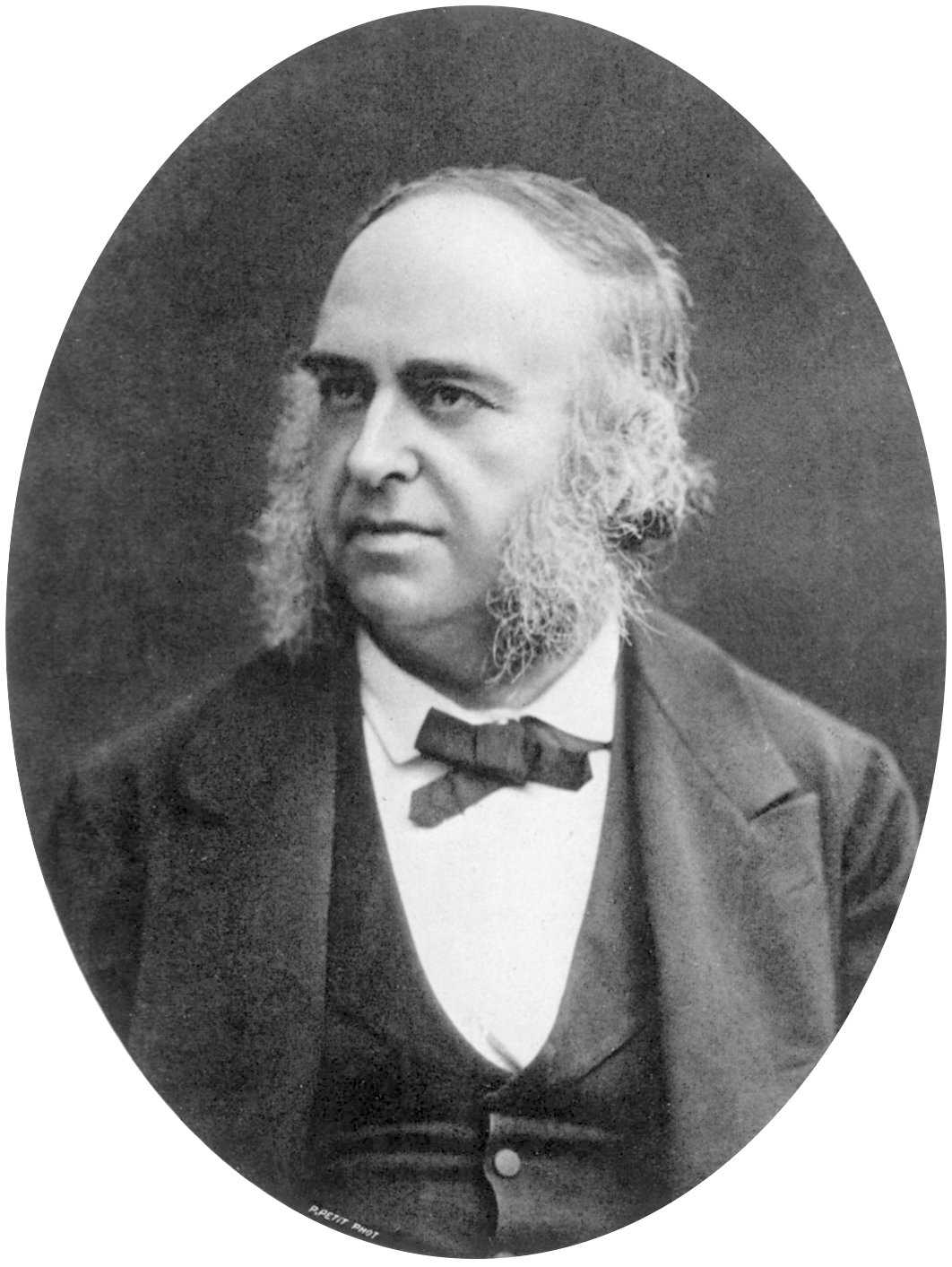The case of Tan, studied by Paul Broca
The case of “Tan,” an aphasic patient studied in the late 1850s by the French anatomist and physical anthropologist Paul Pierre Broca (1824–1880), is paradigmatic of the anatomo-pathological method and of mid-nineteenth-century localization debates.
“Tan, tan,” accompanied by hand gestures, was Monsieur Leborgne’s response to all and any questions. His clinical history and the postmortem study of his brain led Broca to conclude that the faculty of articulate language was possibly located in the second or third frontal convolution. It was clear to him that the higher “brain faculties,” such as judgment, reflection, comparison, and abstraction, had their seat in the frontal lobes, whereas feelings, inclinations, and passions depended on the temporal, parietal, and occipital lobes. Broca (1861, 338) recognized “that the major areas of the mind correspond to major areas of the brain.” At the same time, he found that differences in the localization of lesions inducing loss of articulate language were incompatible with the phrenological système des bosses yet consistent with the “system of localizations by convolutions.”
Moreover, Broca’s demonstration of the unilateral localization of language (in the left hemisphere) opened the way to the formulation of promising new dichotomies (Harrington 1987, 1991). The right brain ended up associated with “animality,” femininity, and the emotions, the left with humanness, masculinity, and the “rational” faculties of will, intelligence, consciousness, and understanding.
After Broca, the left hemisphere came to be considered superior because it was seen as responsible for the intellectual, civilized activities predominant in white European males, while the right one was thought to dominate in women, criminals, Indians, blacks, madmen, and homosexuals (Harrington 1987).

There is a type of aphasia (loss of ability to understand or express speech, caused by brain damage) named after Broca. In the videos and articles below, you can learn more about Broca's aphasia and the way in which his studies contributed to the research on neurological functions.
The Man Who Couldn't Speak and How He Revolutionized Psychology





































































0 comments
Sign in or create a free account